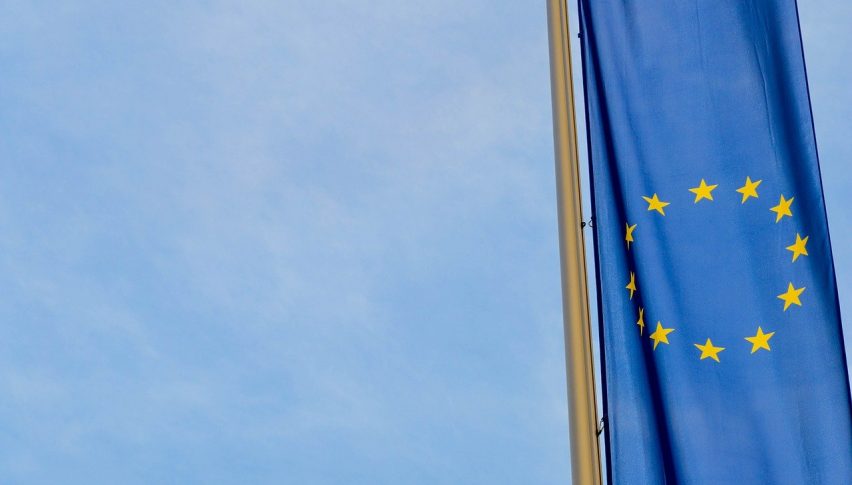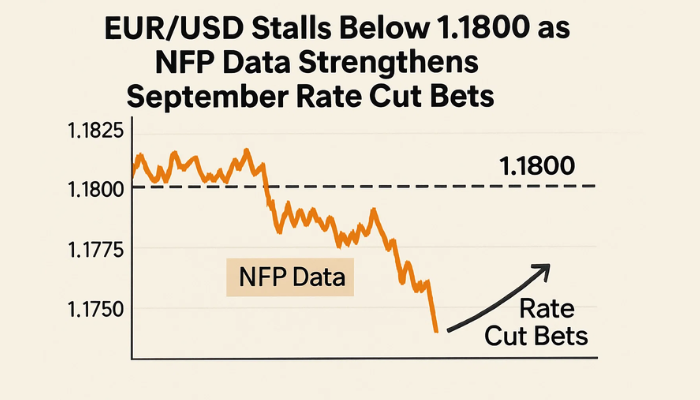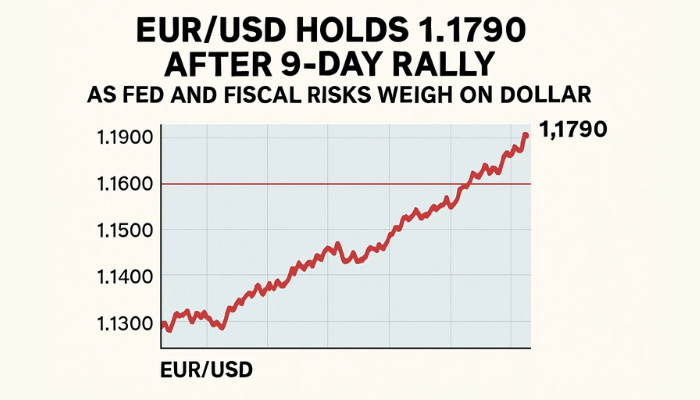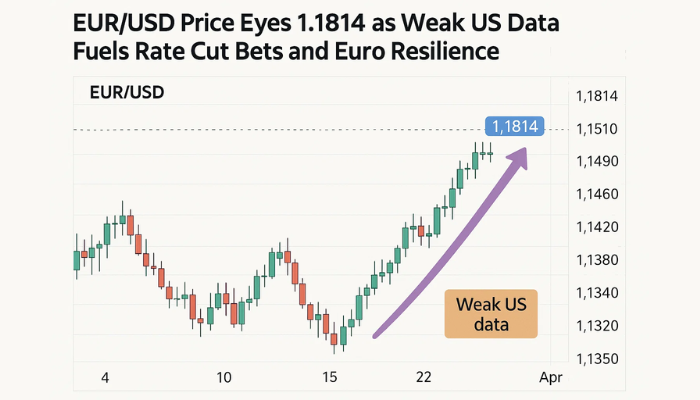Second Wave Impact: Eurozone Economy, Employment Levels Contract
The Eurozone fell into a technical recession at the beginning of 2021, with the GDP contracting through Q1 2021 as it did in Q4 2020.

| (%) | ||
|
MARKETS TREND
The market trend factors in multiple indicators, including Simple Moving Average, Exponential Moving Average, Pivot Point, Bollinger Bands, Relative Strength Index, and Stochastic. |
The Eurozone fell into a technical recession at the beginning of 2021, with the GDP contracting through Q1 2021 as it did in Q4 2020. According to data released by Eurostat, Eurozone’s economy contracted by 0.6% QoQ and by 1.8% YoY during the first three months of the year.
This follows a contraction of 0.7% QoQ and 4.9% YoY in Q4 2020, indicating a technical recession, and coming in line with economists’ expectations. The contraction during the initial months of the year was driven by the lockdowns implemented to combat the second wave of the coronavirus pandemic through Europe. While leading EU economies Germany, Italy, Netherlands and Spain experienced a contraction, France surprisingly saw its economy post a growth between January and March 2021.
Meanwhile, overall employment levels across the Eurozone also declined by 0.3% QoQ during Q1 2021 after posting a 0.4% increase through the previous quarter. On an annual basis, employment declined by 2.1% YoY across the Eurozone economy as the pandemic hurt economic activity and made businesses wary about increasing their staff count.
The Eurostat also shared trade related data about the Eurozone, pointing out that the region’s overall trade surplus (unadjusted) declined to 15.8 billion euros in March from 29.9 billion euros during the same period a year ago. Meanwhile, Brexit drove down British imports into the EU by over one-third during Q1 2021, with the trad surplus with Britain soaring to 35.8 billion euros even as exports to the nation fell by 14.3% during the period.
| (%) | ||
|
MARKETS TREND
The market trend factors in multiple indicators, including Simple Moving Average, Exponential Moving Average, Pivot Point, Bollinger Bands, Relative Strength Index, and Stochastic. |
- Check out our free forex signals
- Follow the top economic events on FX Leaders economic calendar
- Trade better, discover more Forex Trading Strategies
- Open a FREE Trading Account


